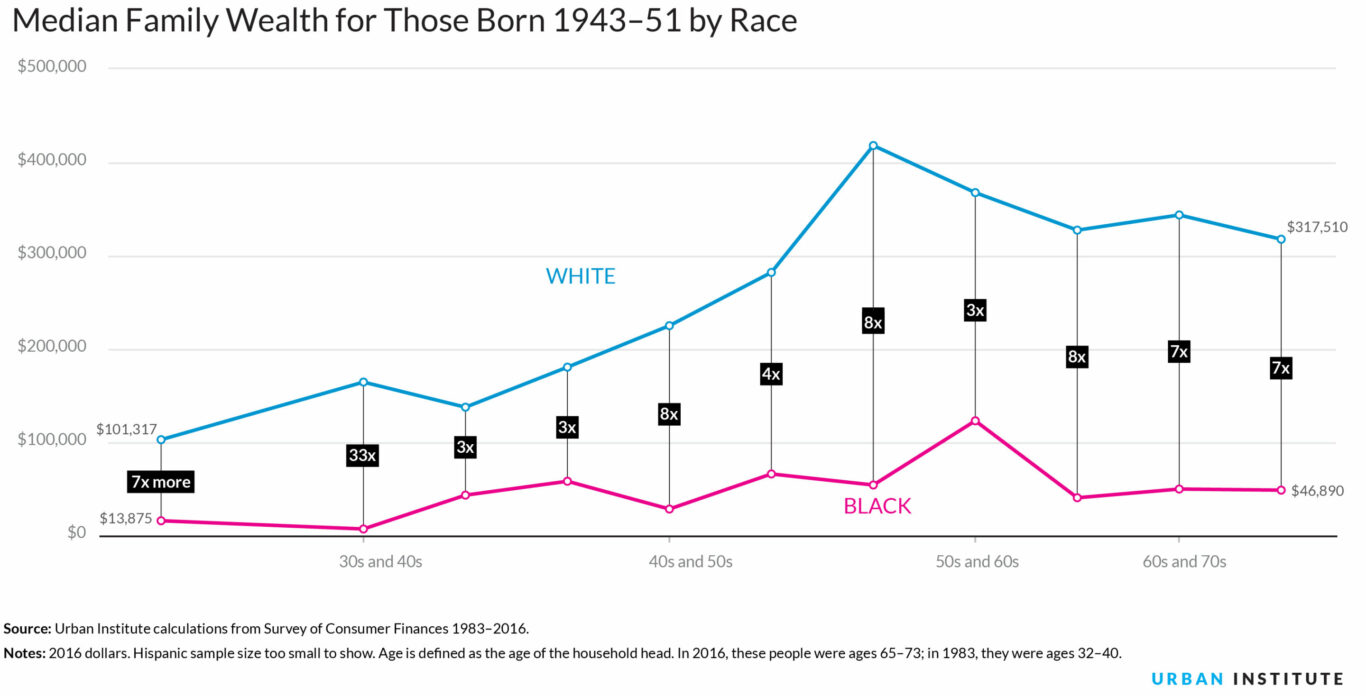Most of the world’s legal systems, and the cultures they shape, treat family planning like this: It is each individual’s personal or private right to decide how many children they want to have, the conditions in which those children will be born, and the opportunities in life those children will have. It’s a model focused exclusively on what would-be parents want in the here and now. That approach to planning our families derives from a cognitive dissonance called temporal myopia that leads us to ignore the long-term consequences of our actions. There is also nothing inclusive about that system. Nothing about it deliberately includes future children in their community, in any meaningful way that would ensure their voice is heard. It is less than ideal, for lots of reasons.
It isolates parents from their communities, creating a wall between the two.
It prevents both communities and parents from working together to ensure that when children are born they get what every child needs. That includes even basic things like basic nutrition, health care, and a loving home. These basic needs are expressly or implicitly guaranteed by the Children’s Rights Convention. But because of the way we plan families, where the community is alleviated of its obligations in the planning process – many children never get them. Downstream solutions, like state protective interventions, are an insufficient band-aid. The Turpin family – and the long-term torture of the thirteen children – provides a jarring example. They abused over a dozen kids under the nose of their community, for years. That is isolation parenting. The Turpins not alone. Roughly 700,000 children are abused in the U.S. annually.
The traditional isolation model, the one even the United Nations promotes, helped ensure what happened in the Turpin family, and in similar cases every day around the world. In sum, in the isolation model, future children are treated as the property of the intending parents. This is discussed more below.
It perpetuates inequality.
The isolating way we plan our families also ensures (and was designed to ensure) massive inequality. Poor kids become poor adults, and rich kids become rich adults, with the latter inheriting both obvious and subtle benefits they never earned. Racial and ethnic disparities that have persisted are a consequence of that. Elites, in turn, create policies that ensure larger families and population growth, bringing more and more children into the world to fuel a system of workers, consumers, and taxpayers that benefit a small percentage of people at the top in what many have recognized as a Ponzi scheme pyramid. The United States was founded on opposition to birth-based hierarchies, like the British monarchy. How is it then that we are controlled by someone like Donald Trump, who was born in a such dominant positioning to others? Isn’t that odd? It’s not if you begin to examine and question the way we plan families, and how it perpetuates inequality and injustice.
It imposes severe environmental costs.
This should be obvious, but a family planning model that protects people like the Duggars, a disturbing illustration of exponential growth, has not-so-great consequences for nature, the nonhuman world, and the environment upon which humans rely. Large families, and the population growth they created, are the fundamental source of climate change. Does that mean consumption does not matter? No. But the irrefutable truth is that consumption and family planning are inextricably linked, or two sides of one coin, and addressing consumption begins with revising how humans see themselves in relation to the earth, which in turn begins with the examining the meaning of our creation, relative to the ecosystems around us. We are, before we consume. The numbers matter. And here is the simple fact: By 2100, world population could vary by billions of people, depending on whether the average woman in the world today has one child more or one child fewer in her lifetime.
It treats people and animals as property.
The isolation model of family planning did something else, something at the most fundamental levels of society. It ensured that our societies, and the legal constitutions upon which they are based, would be positioned to treat both future children and non-humans – the most vulnerable entities in the world – as property. In the almost universally-accepted isolation model, would-be parents would have total control over future children (think the Turpins again here), and over the nonhuman world, which is treated as a human resource to be colonized and used. The nexus, between the human and nonhuman world, is property to be taken and controlled. If we don’t reform family planning systems, we never address that fundamental problem. In contrast, more ethical systems, replace the contradiction of procreative autonomy with more accurate values. With a better family planning model we can liberate both future children, as well as animals and their habitat, at the same time, and stop the former from being used to colonize the latter.
It’s time to change the isolating parent-focused model to one that includes the needs of future children and the community, and integrates the two together.
It’s called Fair Start family planning.
What’s that? It’s simple: Smaller families sharing resources to give every child a fair start in life. This child-centered model fixes several mistakes in the parent-focused model, and centers family planning around inclusivity and equity. It is nonpartisan at the most fundamental level, derived from fundamental and widely shared values, and it is designed to capitalize on falling fertility rates, steering them into better qualitative outcomes. Fair start family planning is fairness and inclusivity, on caffeine.
There is resistance, of course. Those at the top of the pyramid, and the politicians that represent them, are leaning on women to have more and more kids in order to create consumer demand, a class of cheap future labor, and a larger tax base. That is exactly why Trump and his family were behind barely-noticed reforms to the Child Tax Credit in 2018 that were expressly designed to urge women to have more kids. Let’s be clear what this means. Congress will pay you for each kid you have, regardless of whether you neglect and abuse those kids, or simply have them in to totally failing state systems out of which charities are struggling to pull kids every day. Why? Kids equal economic growth, and that equals money for elites. People who oppose family planning reform are godsends for companies like Unilever that will profit from the growth to come.
What is one way elites, who benefit from the constant flow of consumers, cheap future labor, and compliant taxpayers produced by poor family planning, keep the system in place? They fear-monger by intentionally conflating better family planning with many of the horrible reproductive rights violations of the past, like eugenics. They elide the complex intersectionality at the heart of family planning. But do you really think Fox News cares about equity? They and many other reactionary entities create endless propaganda to keep discussions of family planning taboo, and this lever for real social change hidden.
Doing effective social justice work means considering where people come from, the conditions in which they are born and raised, and whether the process that brought them into the world and provided for them is just. That is step one. If you don’t work on reforming family planning systems you are missing what could be the most influential factor in your work, others will be busy controlling that process, and what they do will have nothing to do with justice.


